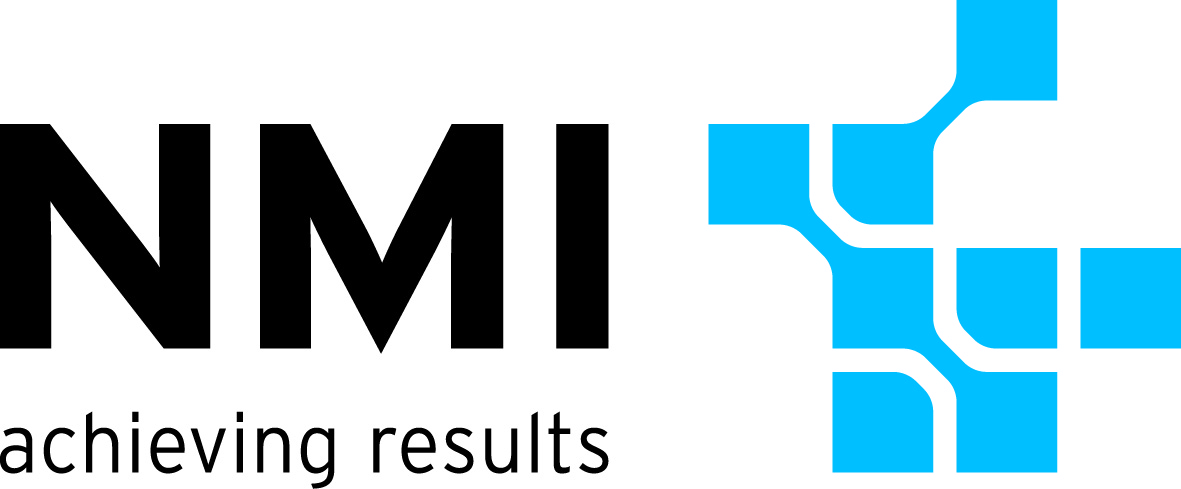 Developing the DigiWest protein profiling approach
Developing the DigiWest protein profiling approach
Luminex Licensed Technologies Partners represent a diverse set of market segments, company sizes, and geographies. The versatility of xMAP® Technology has supported the launch of thousands of multiplexed immunoassays formatted into commercially available kits and testing services.

Thomas Joos, PH.D., Deputy Managing Director of NMI, shares his journey with xMAP Technology.
Can you tell us about NMI and your role?
The NMI Natural and Medical Sciences Institute at the University of Tübingen is a non-profit organization, a private foundation, which undertakes applied research and development at the interface of life sciences and material sciences. It is involved in application-oriented research at the interface between life and material sciences. An interdisciplinary team of scientists is performing research and development projects for companies and public research sponsors in the areas of pharma and biotechnology, biomedical technology, and surface and materials technology. The NMI is located in Reutlingen, Germany.
I am dedicated to developing new technologies, specifically high-throughput protein immunoassays. Nearly two decades ago, I simultaneously began my career at NMI and my relationship with Luminex. Holding roles of increasing responsibility during my tenure, I am currently the Head of the Biochemistry Department and Deputy Managing Director of NMI.

Who are your customers and what products and/or services does NMI offer?
We are offering development of multiplexed sandwich immunoassays and sample testing services. In addition, we are running antigen assays to profile the serological response to HCV, TB, and other pathogens. Recently, my colleague Markus Templin invented the DigiWest protein profiling approach. Here, we use the Luminex platform in our DigiWest High Content Protein Profiling service for our customers in the pharma and biotech industry. DigiWest is a novel proprietary immunoassay technology that is very robust and allows measurement of up to 600 analytes from <50 μg of protein. It is fully customizable based on a list of over 1,000 antibodies (and validated antibody lists for human, mouse, rate, dog, minipig, and cyno). DigiWest is a versatile platform that enables comprehensive analyses from limited samples for pathway profiling, drug MoA studies, lead characterization, predictive toxicity, and biomarker screening. It also quantifies post-translational modifications, including phospho-epitopes.
Why the Luminex xMAP Technology?
We have been collaborating with Luminex since 2001, and we have 12 Luminex instruments including Luminex® 100/200™, MAGPIX®, and FLEXMAP 3D®. Without Luminex, I wouldn’t have been as successful within the field of immunoassay technologies. In 2015, we became an official Luminex partner to run our DigiWest Services in Reutlingen at our subsidiary at the CoLaborator in Berlin, Germany.
I received one of the first Luminex 100 instruments in 2001. Within a few years, my group had run more than 30 feasibility studies for potential Luminex customers based in Europe. In between, NMI has more than 50 publications showing data generated with Luminex technology.
We have been pleasantly surprised by the ease with which we can switch from planar array to a Luminex bead-based assay. Our experience has been that capture and detection antibodies used on an ELISA plate can be transferred to xMAP format, and that assay development is accelerated using bead-based Luminex technology.
I appreciate that Luminex has continued to innovate the xMAP platform, introducing magnetic microspheres to the market that enabled us to remove wash steps in our assay workflow. We were an early testing site for this innovation and were able to improve the robustness of our assays. Also, the open architecture has been very beneficial for us.
I attribute Luminex’s 20+ year staying power to the open architecture and dependability of the xMAP platform, as well as the value-based price point.
Can you share with us any other benefits of becoming a Luminex partner that might not be readily apparent?
In addition to strong support, the ability to simultaneously test up to 20 antibody pairs per analyte on xMAP provides a very efficient path to determine the optimum pair, and accelerate multiplexed assay development. This is a big advantage of the Luminex technology. Besides this, the Luminex technology is outstanding to run serological assays, whether you have only a few antigens, or whether you run a multipathogen assay with more than a hundred different antigens. Assay performance and throughput is outstanding.
Are you interested in developing, manufacturing, and commercializing a multiplexed assay on a platform that is efficient, flexible, and widely-adopted? Contact Luminex Business Development at http://info.luminexcorp.com/en-us/become-a-partner.
 Developing the DigiWest protein profiling approach
Developing the DigiWest protein profiling approach